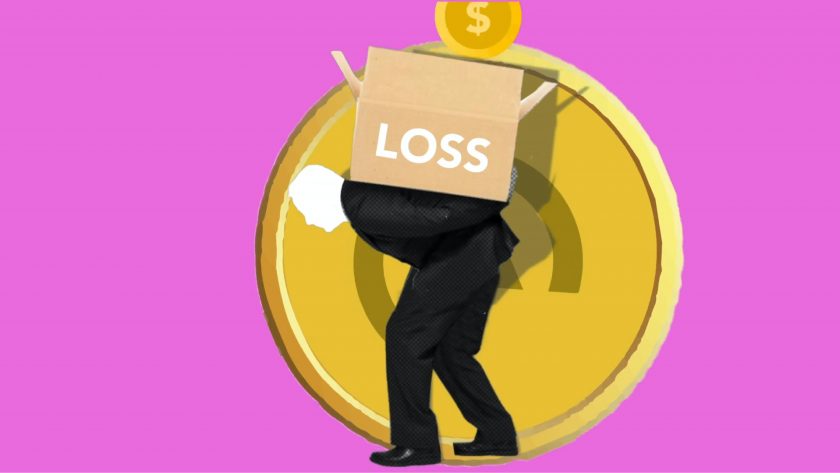Inflation has been titled to be the enemy of an investor. To be honest, in a long-term run it will do harm to the revenues that we have tried hard to gather from the stock market.
Now you must be thinking if this means that investing is totally meaningless and just no good for anything at all. The answer to this, of course not! It is quite literally the opposite. Inflation is one of the main reasons why investing is important.
What now?
Let me elaborate: the inflation means a decline in the purchasing power of money, meaning that prices rise over time. Example: with the money that your parents were able to shop for candy or other beverages from the street next door, today the same amount of money would able them to buy much less beverages. With 2% inflation, the purchasing power of money will be cut in half within just 35 years.
And that is the whole idea of inflation. You are able to get much less with the same amount of money today than you are going to be able to get tomorrow. Or at least more than within the next year or even more than in 10 years’ time. This is directly at war against the principals of a saver: save first, buy later. So why on earth inflation exists then?
Why oh why
Inflation is caused by the rising availability of money in the markets. In other words, there are more money to be used in the economy. Due to inflation, all the world’s problems could not possibly be solved by printing and pressing more money. (This is the explanation given to any eight-year-old that believes that they are to rescue the whole world with that solution, including my eight-year-old self.) Money politicians are aiming to remain the yearly inflation course at 2% to get and maintain people in the mood for buying and so forth the economy floating.
Nevertheless, the opposite of inflation, deflation is not any better. Deflation is much rarer phenomenon than inflation, where the prices decrease and so on the purchasing power increases. Although deflation favors us savers and investors commonly, it is seen as far worse, due to the connection with lower consumption, falling wages and unemployment. Meaning that in overall, people tend to have less money.
Yes, please head to the stock markets!
Inflation is, in theory, a good thing for the debtor, since they can buy something with borrowed money today that would be more expensive to buy at the same time next year. In practice, however, interest rates and wages take inflation into account, with the result that the benefit is reduced and even lost.
Inflation has the worst impact on a saver who just stores their money in a bank account or even worse, in the arm of a sock. A great thumb rule: if your savings account has an interest rate of less than 2%, you know the money will deteriorate slowly but surely.
So where is it worth keeping that money so that inflation does not have the chance to eat it as a dessert? This was a rhetorical question: on the stock market, of course. Of course, the stock market must also take inflation into account: even if the average annual return is 8%, after inflation it is only 6%. Or, if you think more positively, it is still 6%. And positivity is always worthy.
Emilia Laukkarinen





